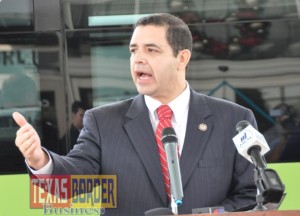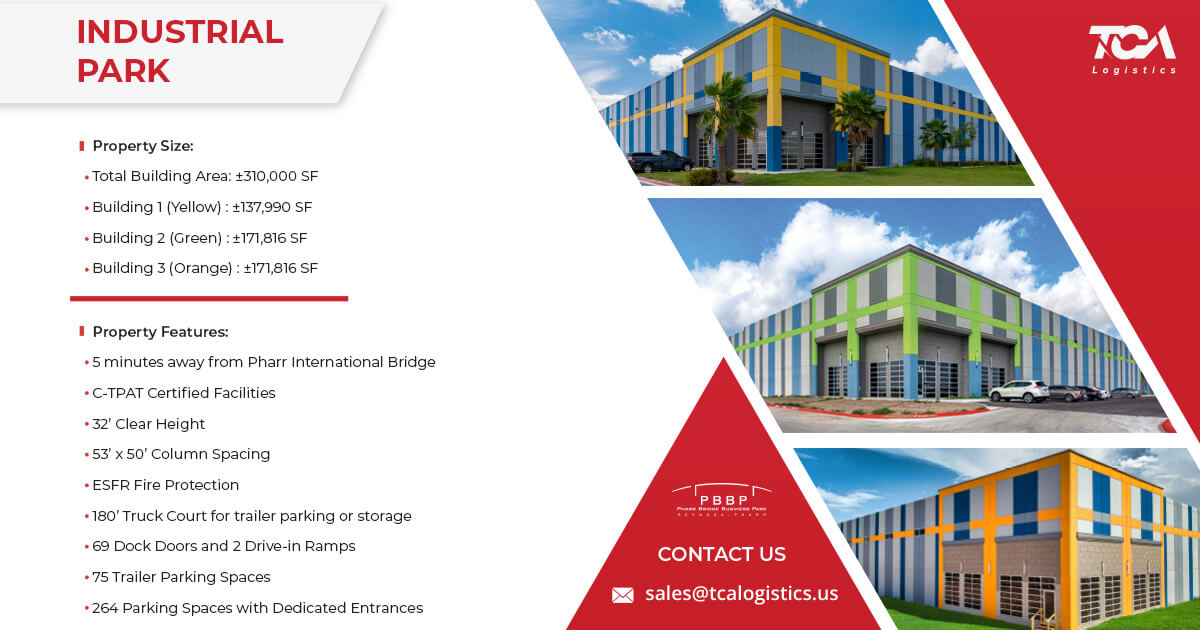
Washington, D.C.: Congressman Henry Cuellar (D-TX28), along with other Members of the Border Caucus, including Reps. Raul Grijalva (AZ-03), Filemon Vela (TX-34), Beto O’Rourke (TX-16), and Pete Gallego (TX-23), today held a press conference to highlight the impact of the border region on the U.S. economy. Members discussed the points often ignored during the border security debate- including trade and commerce, port infrastructure, and public and private partnerships.
“Our economy loses billions of dollars a year in revenue because of delays and outdated facilities at our Ports of Entry. Rather than solely using taxpayer dollars, allowing public private partnerships would spur outside investment to improve infrastructure along our borders. Reducing border wait times could generate $7.5 billion from trade and 34,000 jobs over the next ten years, helping families and small businesses across South Texas,” said Congressman Henry Cuellar (TX-28).
“In the past decade almost 6,000 people have died trying to cross our Southwestern border,” said Congressman Grijalva (AZ-03). “Approximately 2,500 have died just along the 350 miles of border I represent. Our uncontrolled border spending has done nothing to address the reasons people come to this country – it has just pushed migrants into remote areas where they die more frequently. There is a humanitarian crisis happening on our soil, and further militarization is not the answer. We need to understand that true border security means humanitarian support, preventing deaths, targeting human trafficking, and keeping border towns the safe places to live that they are today. It also means oversight of law enforcement practices to prevent further human right abuses. Fiscally responsible investments in border security will protect our nation from real harm and help us refocus on our border as an asset rather than a source of conflict.”
“Trade with Mexico is critical to the economies of all states, not just those on the US-Mexican Border, evidenced by the fact that last year alone, the US had $500 billion worth of trade with Mexico,” said Congressman Vela (TX-34). “For immigration reform to truly be comprehensive, it must promote this trade through investment at our land-based ports of entry. I have a bill, Putting Our Resources Toward Security or ‘PORTS’ Act, which invests billions in funding for much-needed upgrades to port infrastructure and 5000 new Customs and Border Protection Officers – the officers in blue who work at the ports. These are the kinds of investment that we need.”
“The border should be viewed as an opportunity, not a threat,” said Congressman O’Rourke (TX-16). “More than five hundred billion dollars’ worth of trade crosses our ports of entry every year and that helps support six million jobs nationwide. Rather than militarize our border, we should realize our full economic potential and invest those resources to improve and modernize our ports of entry. To remain economically competitive, we need to update infrastructure at our ports of entry and hire more customs officers to expedite crossing times. If we focus on the positive aspects the border has to offer, we will grow our economy and create jobs.”
“During the immigration debate, myths about our border region have been spread by those who have no connection to or knowledge of our area,” said Congressman Gallego (TX-23). “People need to rethink the border. As the representative for the district with the largest US/Mexico, I know the border region means jobs for the rest of the country. More than 400,000 jobs in Texas rely on our trade with Mexico. U.S. exports to Mexico exceeded our exports to Brazil, Russia, India and China combined.”
Background:
· In 2012, trade between the U.S. and Mexico totaled $472,933,986 billion- roughly the equivalent of $1.3 billion a day or $1 million per minute.
· 98.5% of Texas exports go to Mexico.
· According to the US Chamber of Commerce, 463,132 jobs in Texas rely on trade with Mexico.
· The border region of the United States and Mexico – comprised of ten border states and nearly 100 million people – would be the 4thlargest world economy.
· El Paso is the second largest southern land border port by value.
· In 2011, $87.9 billion worth of trade crossed the ports of entry between El Paso and Juarez, an 81 percent increase since 2009.
· According to the Department of Commerce’s International Trade Administration, the U.S. economy loses $1.5 billion in output, $400 million in wages, $200 million in tax revenues, and 6,700 jobs due to border wait times in El Paso. Economic losses are projected to increase to over $2.6 billion in output, $600 million in wages, $300 million in tax revenues and 11,500 jobs by 2017.













